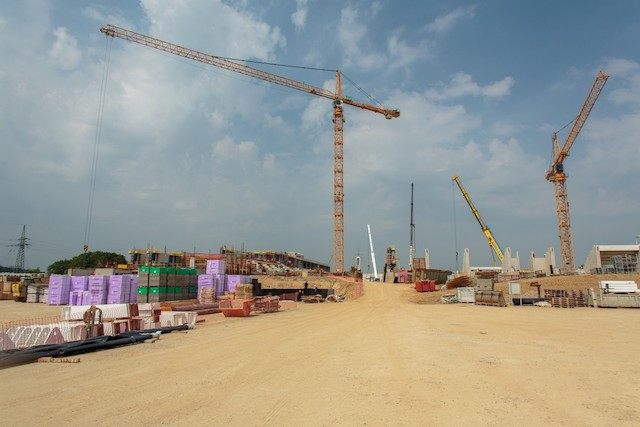“It is currently possible for some players to act on the Luxembourg property market virtually tax free. This is no longer acceptable,” prime minister Xavier Bettel said during his state of the nation speech on 13 October.
SIFs are currently only subject to a subscription tax of 0.01% of their net assets, but under the new plans their direct and indirect revenue from selling and renting out properties would be taxed at 20%.
While the move is seen as a way to combat real estate speculation in Luxembourg’s already expensive property market, fund managers are sceptical.
“An investment fund acts, by nature, as an intermediary,” said investment fund association Alfi in a statement published after the measure was announced.
And Alfi deputy director general Marc-André Bechet said in an interview: “The principle is that, generally, funds have to be fiscally neutral. The investor--who invests in the fund, who receives the revenue or who sells part of the fund--is taxed.” In addition, dividends and capital gains are taxed according to the law, he said.
Taxing the investors and not the fund was a principle recognised by the OECD and the European Commission, Bechet said. Luxembourg’s subscription tax is already an exception to the norm, he added.
“Domestic problem”
The taxation of real estate SIFs was a “domestic problem,” Bechet said, adding that some funds held by individuals living in Luxembourg were structured in a way that “generates a lack of taxation.”
At the end of August, there were 1,147 SIFs domiciled in Luxembourg, divided into 3,376 compartments and representing €593.5m in assets under management. Around 14.7% of SIFs invest in real estate but the amount invested is unknown, admitted even the ministry of finance.
It has not included revenue generated from the new tax in its budget projections and is calling on funds investing in property to notify the tax administration of revenue from real estate this year and next year by 31 May 2022.
Estimates by opposition politicians--who had launched a motion in parliament in September to tax the funds--have ranged from €300m to €1bn in lost tax income.
Alfi and the financial sector have meanwhile had to calm jittery nerves after word spread that all SIFs--not just those in real estate--would be taxed. “There is a reputational risk for the Luxembourg fund industry if the wrong information is given,” said Bechet.
This article was originally published in French on Paperjam.lu and has been translated and edited for Delano.
